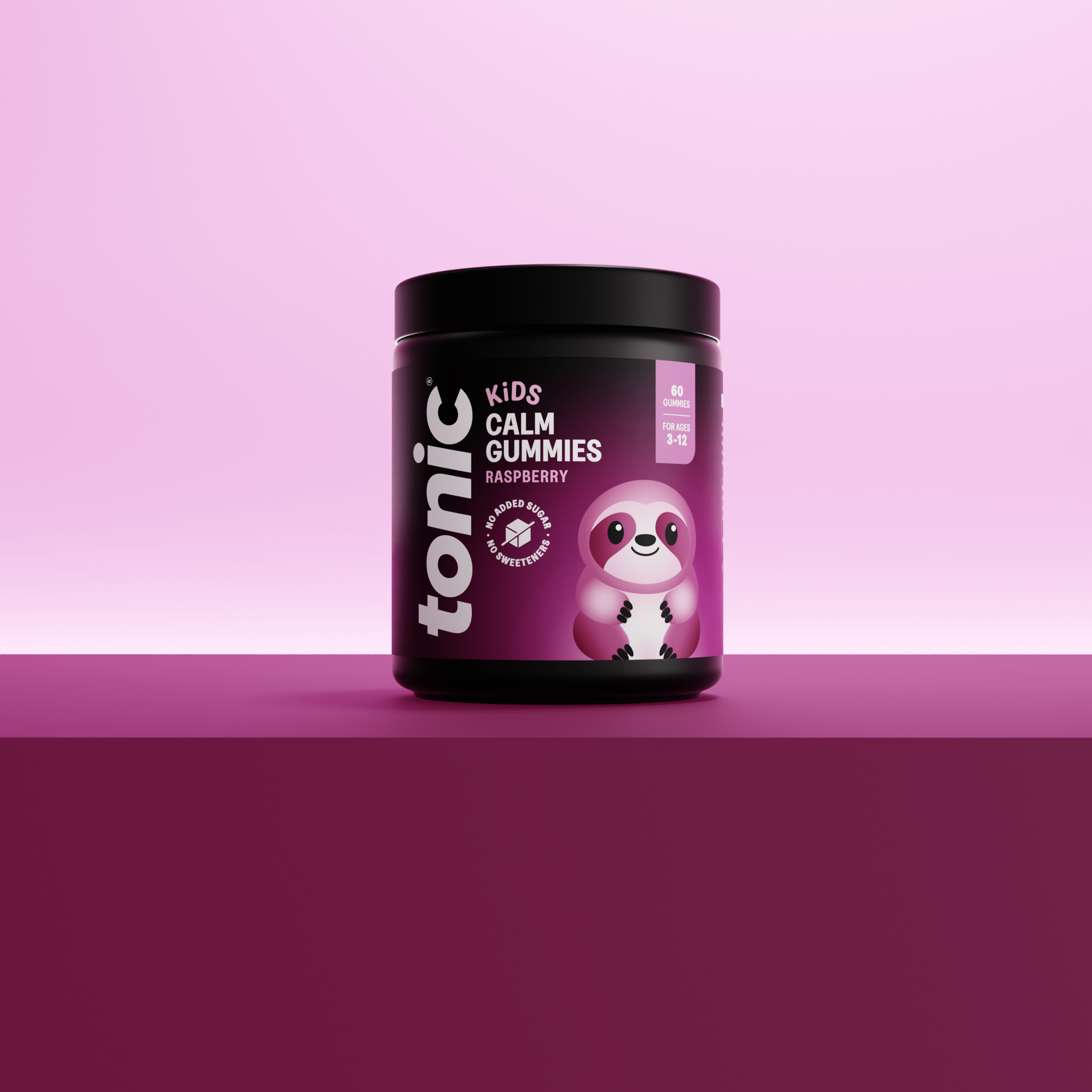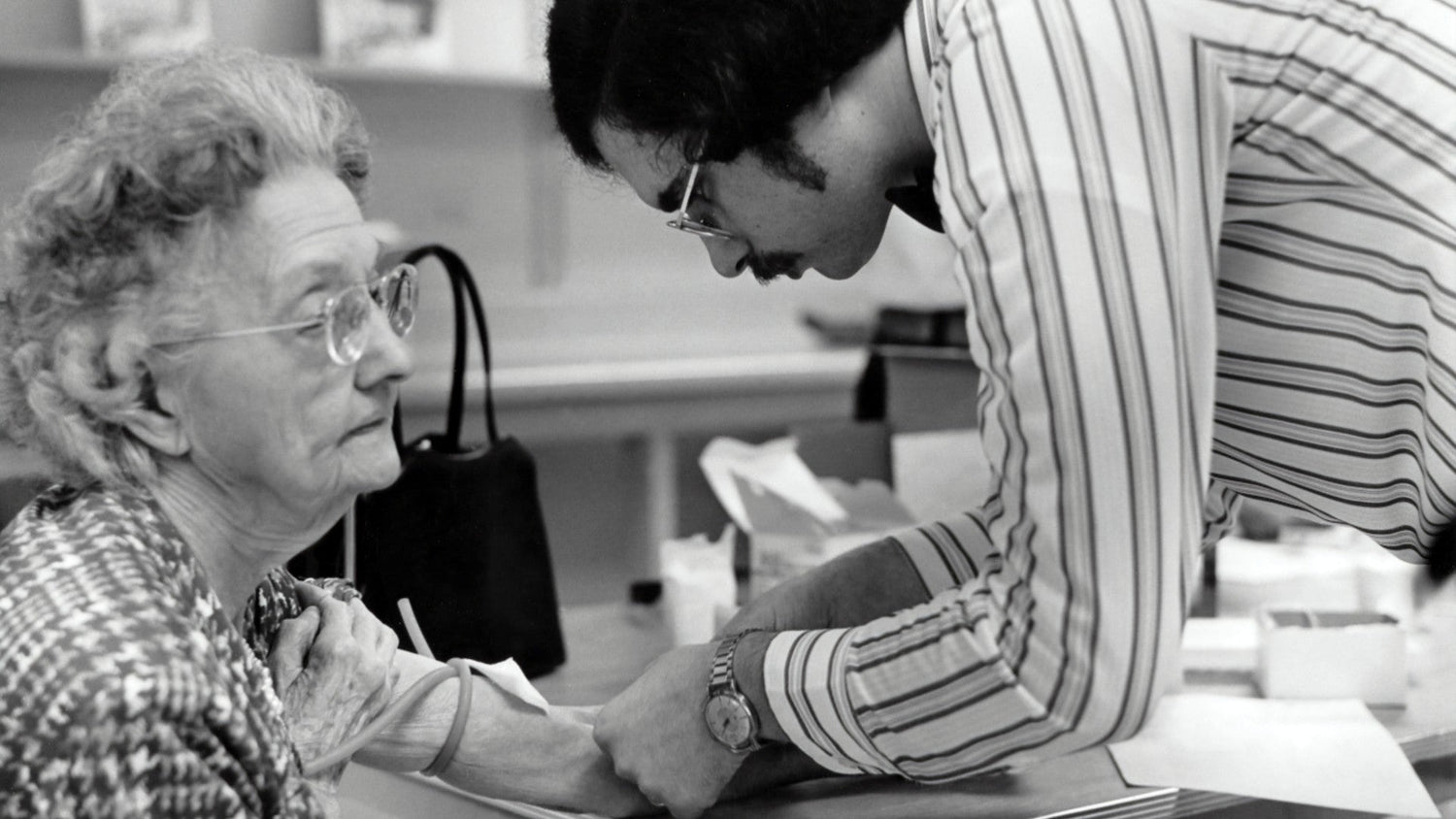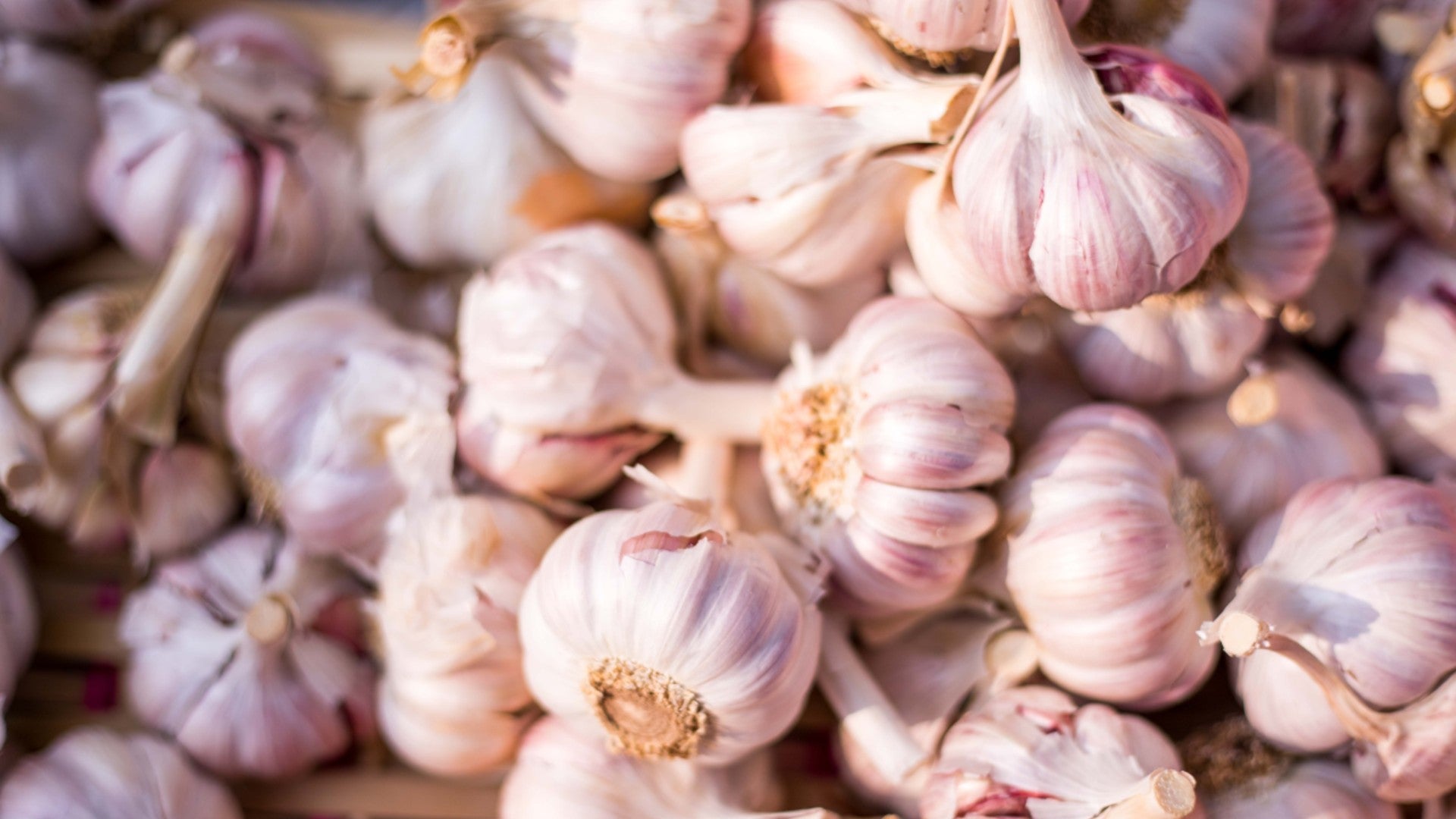Such has been the pervading impact of the COVID-19 crisis on almost every aspect of our lives, that it has been almost impossible for most of us not to learn a few new medical concepts and terms along the way. After all, how much were you thinking about ‘herd immunity’ or ‘asymptomatic transmission’ back in 2019?
More recently, a major breakthrough has occurred in the pandemic, with the development and approval of effective vaccines against COVID-19.
That might understandably cause you to wonder what a vaccine actually is, and what supposedly makes it such an important means of preventing disease. So, here’s a primer.
What are vaccines, and why do we develop them?
Essentially, a vaccine is a type of medicine that trains your immune system to defend itself against a disease it has not previously come into contact with. The idea with vaccines is to help prevent disease; they are not a treatment for a disease that someone has already caught.
Vaccines make the most of your immune system’s natural activity to greatly reduce your chances of catching a particular disease.
Although it’s not impossible for someone to develop a given disease after being vaccinated against it, the likelihood is that even if this does occur, they will suffer milder symptoms and recover faster than they would have otherwise done.
The story of vaccination effectively began in 1796, when Edward Jenner injected a boy with pus from a woman with cowpox. He discovered that as a result, the boy became immune to the related – and deadlier – disease of smallpox.
The use of vaccines helped to achieve the worldwide eradication of smallpox by 1980 – an impressive feat against a virus estimated to have been responsible for 300 million deaths in the 20th century. Vaccines have also been instrumental in preventing diseases such as polio, influenza, tuberculosis, hepatitis B, and measles.
You can probably begin to understand, then, why the development of effective COVID-19 vaccines was so coveted – and how they should be a game-changer in the fight against the disease.
A brief explanation of how vaccines work
The basic principle of how a vaccine works to strengthen the immune system is as follows: you are given a small amount of harmless form of a given disease, which the body then produces antibodies to combat. The idea is that if your body then encounters this disease again ‘in the wild’, it will already have the antibodies to help prevent you from becoming unwell.
Antibodies are large proteins that have the job of hunting down a particular infectious agent, so that your immune system can then destroy it. The body makes antibodies in response to a specific virus or bacteria, which enables a specific and targeted immune response.
Once you recover from the disease and are no longer infected, the specific antibodies for it will remain in the immune system. So, even if your body is exposed to the same infectious agent again, it will be well-equipped to harness its existing ‘memory’ to destroy it and prevent illness.
But are vaccines really needed if the body naturally develops antibodies against disease?
At this point, you may be wondering whether – if the body produces antibodies anyway against a virus or bacteria it encounters – it would be better to simply get the disease naturally.
The short answer to this is: no it isn’t. There’s no guarantee that your immune system will actually win its initial battle against a particular disease in the absence of vaccination – depending on the specific disease and other factors, you could be at risk of serious illness or, in extreme cases, death.
This is without even accounting for the other potential long-term effects of contracting a disease naturally, and the risk that natural infection brings of the disease spreading to others. Vaccines, by contrast, represent a safe and controlled way of developing immunity against a disease.
Vaccines: a formidable success story in illness prevention
The remarkable history of vaccination tells its own story – it has been an invaluable weapon in the fight against all manner of previously disabling or even fatal disease.
Getting vaccinated against COVID-19 could therefore be a key step for helping to reduce the chances of you, your family and everyone else around you from developing the disease – and in the process, helping to end the pandemic.
Other sources:
https://www.cdc.gov/coronavirus/2019-ncov/vaccines/different-vaccines/how-they-work.html
https://www.who.int/news-room/feature-stories/detail/how-do-vaccines-work







Leave a comment
All comments are moderated before being published.
This site is protected by hCaptcha and the hCaptcha Privacy Policy and Terms of Service apply.